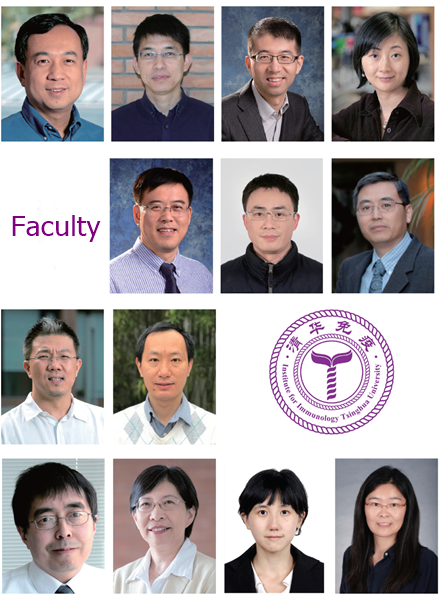The latest data released by ESI (Essential Science Indicators, ESI) show that the immunology discipline in Tsinghua University has entered the top 1% list in the field of immunology, for the first time since the establishment of the Institute for Immunology Tsinghua University in 2014. As one of the widely used measures for evaluating the international academic performance and influence of universities, academic institutions, countries/regions worldwide, ESI data reflect the steady development and strong upward trajectory of the Immunology program in Tsinghua University.
Earlier in April this year, to fulfill a key requirement by the Ministry of Education of China, an international committee, consisting of eleven experts covering a wide range of disciplines in the modern life, basic medical, and pharmaceutical sciences, conducted an on-site evaluation of Schools of Life Sciences, Medicine, and Pharmaceutical Sciences (SLMP) of Tsinghua University. In conclusion of the evaluation, the Immunology program received high praise from the committee.
In particular, the committee noted that Immunology is a rapidly developing biomedical discipline that is closely related to human diseases, and in recent years, the breakthrough in immunotherapy has stimulated worldwide interest in immunology research. Thanks to the strong leadership in the institute and a continuous effort in recruiting outstanding immunologists from across the world, the Immunology program has experienced a significant expansion from having 2 principal investigators in 2009 to 13 now. The establishment of the Institute for Immunology in 2014 has greatly stimulated the growth and progress of the immunology program and provided an interactive and nurturing home for immunology faculty at the School of Medicine and School of Life Sciences. Based on all measures, although relatively young and small in size, Tsinghua’s Institute for Immunology has demonstrated tremendous excellence and is well positioned to catch the unique opportunity to develop into a world-class Immunology program in the new era.

Areas of research:
T cell activation and differentiation
B cell activation and humoral immunity
Immune tolerance and autoimmunity
Tumor immunity and cancer immunotherapy
Dendritic cells
Innate immunity and inflammation
Innate lymphoid cells and mucosal immunity
NK cell development and activation
Immunity and infection
Immune metabolism
Neuronal regulation and immune function
